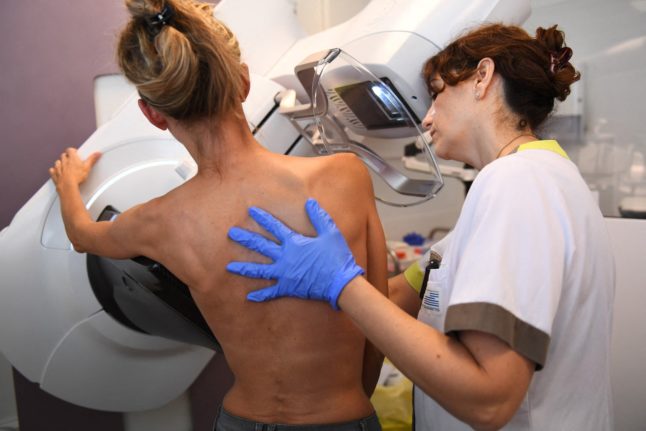They say that in today’s globalized world, borders matter less than they used to. And while it may be easier to travel from one country to another, there’s no getting around the fact that not everyone speaks the same language.
Of course, you may be able to get by with English in a lot of places, but as anyone who’s spent time abroad will tell you, knowing the local language can transform the experience.
And while taking classes close to home or spending time with the latest language-learning app may help you pick up the basics, but you simply can’t beat learning a language where it’s spoken in the streets, on the radio, and everywhere around you.
Not convinced? Here are six reasons you really should choose to learn the language abroad.
You get to live abroad
OK, we can all admit that setting up life in a new place isn’t always easy – but it’s rewarding in so many different ways – especially if you choose to use that time abroad to learn a new language.
Learn more about studying a foreign language abroad
Experiencing a new culture and country first-hand opens the door to host of new experiences, expanding your comfort zone, which in turn can do wonders for your confidence.
Whereas before the thought of boarding a plane solo to an unfamiliar place, or trying to navigate a new city may have had you sweating, following a stint abroad, tackling such unknowns is a breeze.
You can turn a detour into a fast track
Lots of young graduates look to take a gap year after university before starting their careers. The reasons can be many – exploring, soul search, delaying the inevitability of that 9-5 life.
But choosing to study a foreign language abroad suddenly transforms that gap year from what cynical family members might consider a detour into a rewarding, relevant, and downright desirable capstone that helps accelerate your life and career.
Learn a new language during your gap year with ESL
We’re not saying you can’t spend time on the beach or at the bar, but conversing about the weather or ordering drinks in a foreign language – coupled with some actual time in class – makes for a year that is far from a gap on your CV; rather, it becomes an asset.
You can boost your employability
Let’s take that a step farther. It’s no secret living abroad and studying a foreign language entails plenty of fun. But the experience can really take your career in all sorts of new directions. International connections are important to an increasing number of companies of all shapes and sizes.
Having language skills and direct experience in the country of a new client could be the deciding factor between a company hiring you rather than your classmate you never left home – even if he or she had better grades.
You get smarter
Learning a new language is like exercise for the brain. It takes effort, but the reward is brain that’s more adaptable and able to learn new things faster. Learning a second language also improves your memory and helps fend off dementia and Alzheimer’s.
Grappling with a foreign language can also give you new insights into your mother tongue. From grammar to idiomatic phrases – understanding how and why certain words are strung together in certain ways in another language gets you thinking about why things work they do in our own language. And all of that can help make you a better communicator altogether.
You can amaze others
Let’s face it – it’s hard not to be somewhat impressed when you hear someone carry on a conversation in what may sound like gibberish. So why not be the one that gets others jaws to drop when you strike up a conversation with a local while on holiday.
And who doesn’t get a little kick from showing off to friends and family?
It’s by far the best way to learn
Learning and communicating in the language of a foreign country while living there is without doubt the best way of learning simply because, well – you never stop learning. Everywhere you turn you’re faced with opportunities to hear, read, and use your new language – basically, your entire environment because your classroom.
There’s also the added bonus of getting to experience the language “in real life” as opposed to trying to make it come alive from the pages of a book back in your hometown. And there’s certainly no app that can replicate that.
By now, the choice should be clear – the time to study a foreign language abroad is now. And doing so is easy and cost-effective with ESL – Language studies abroad.
ESL offers programmes in 23 languages at 250 destinations around the world. And with more than two decades of experience, ESL delivers language learning opportunities for everyone who’s ever dreamed studying a new language abroad.
Click here to find out which ESL programme is right for you


.jpg)
.jpg)

 Please whitelist us to continue reading.
Please whitelist us to continue reading.